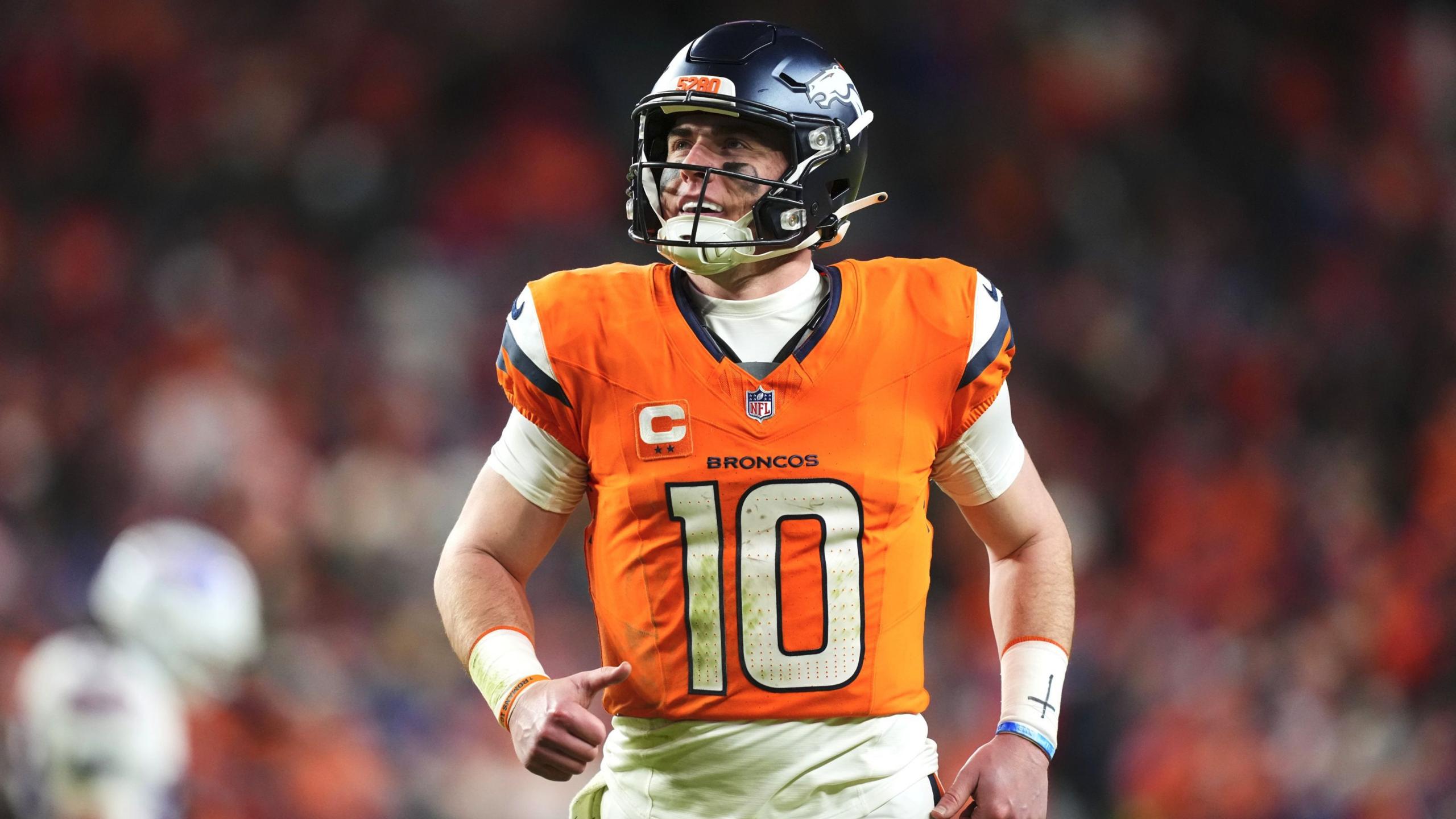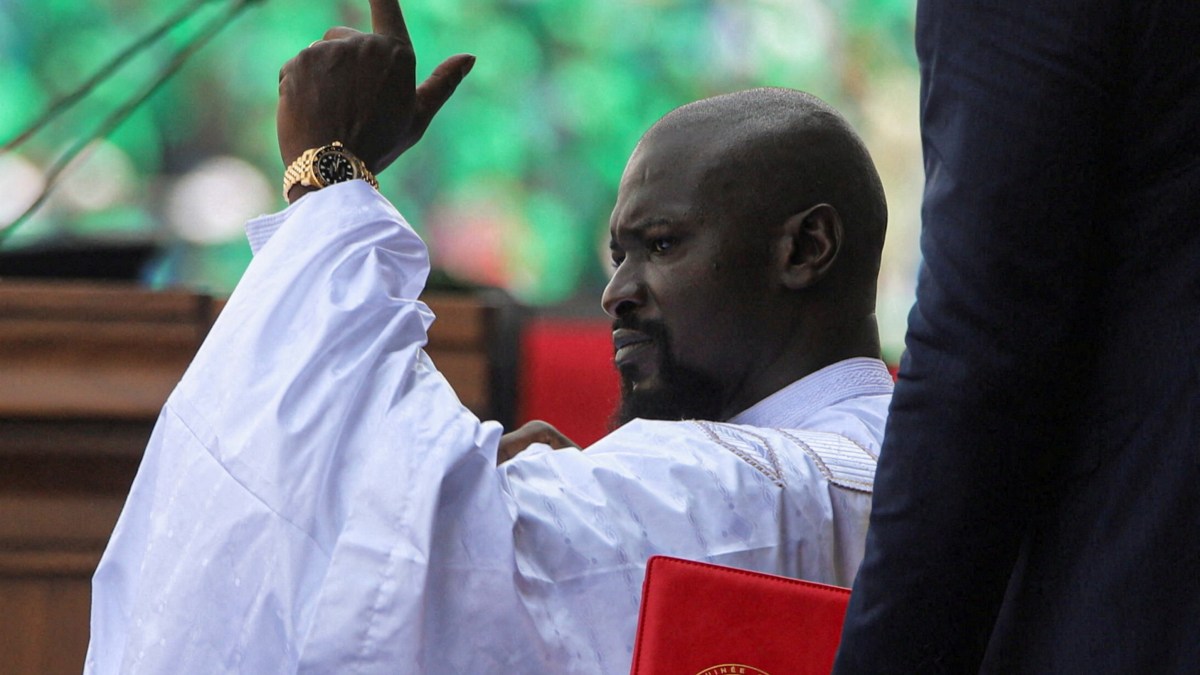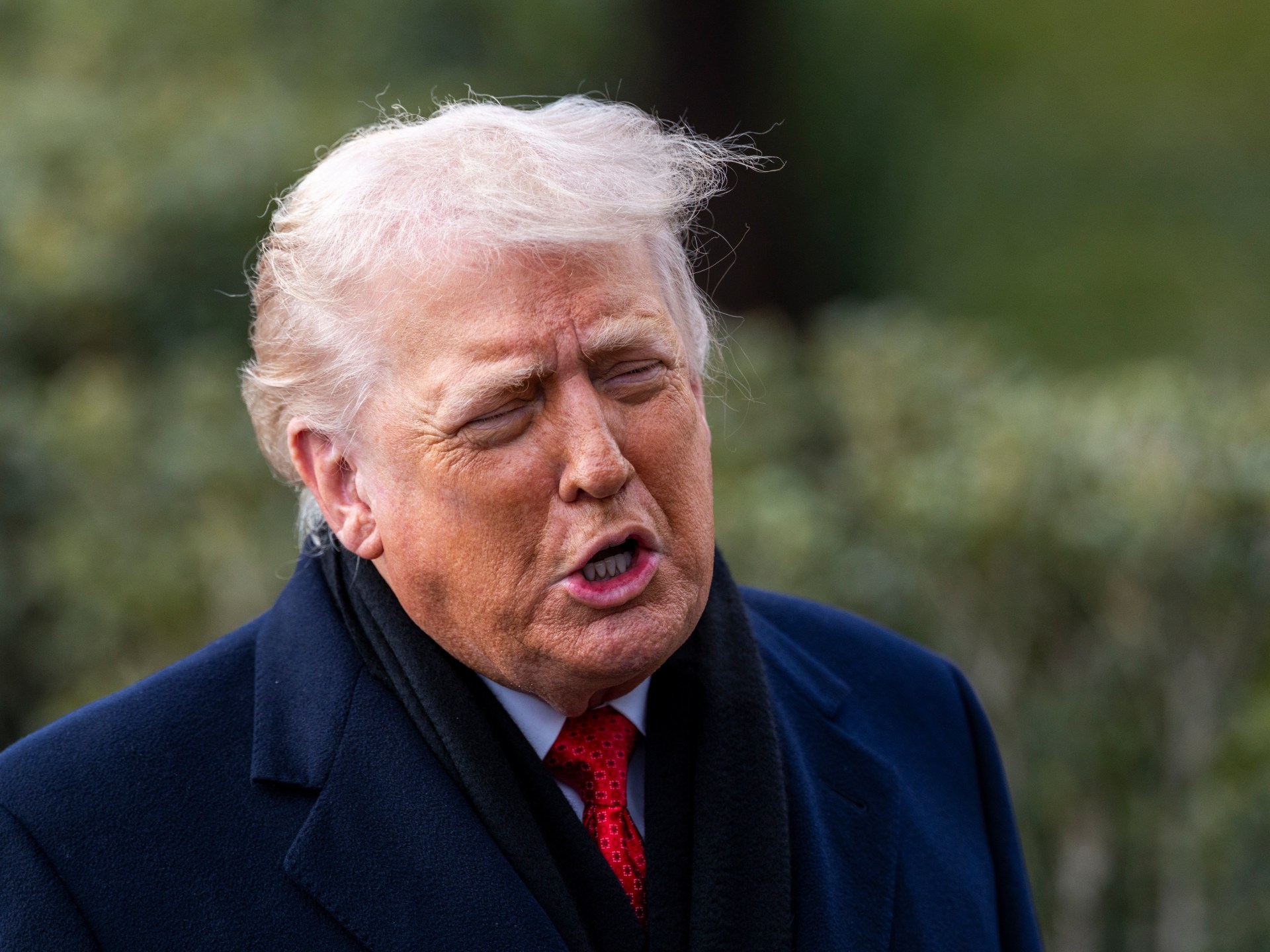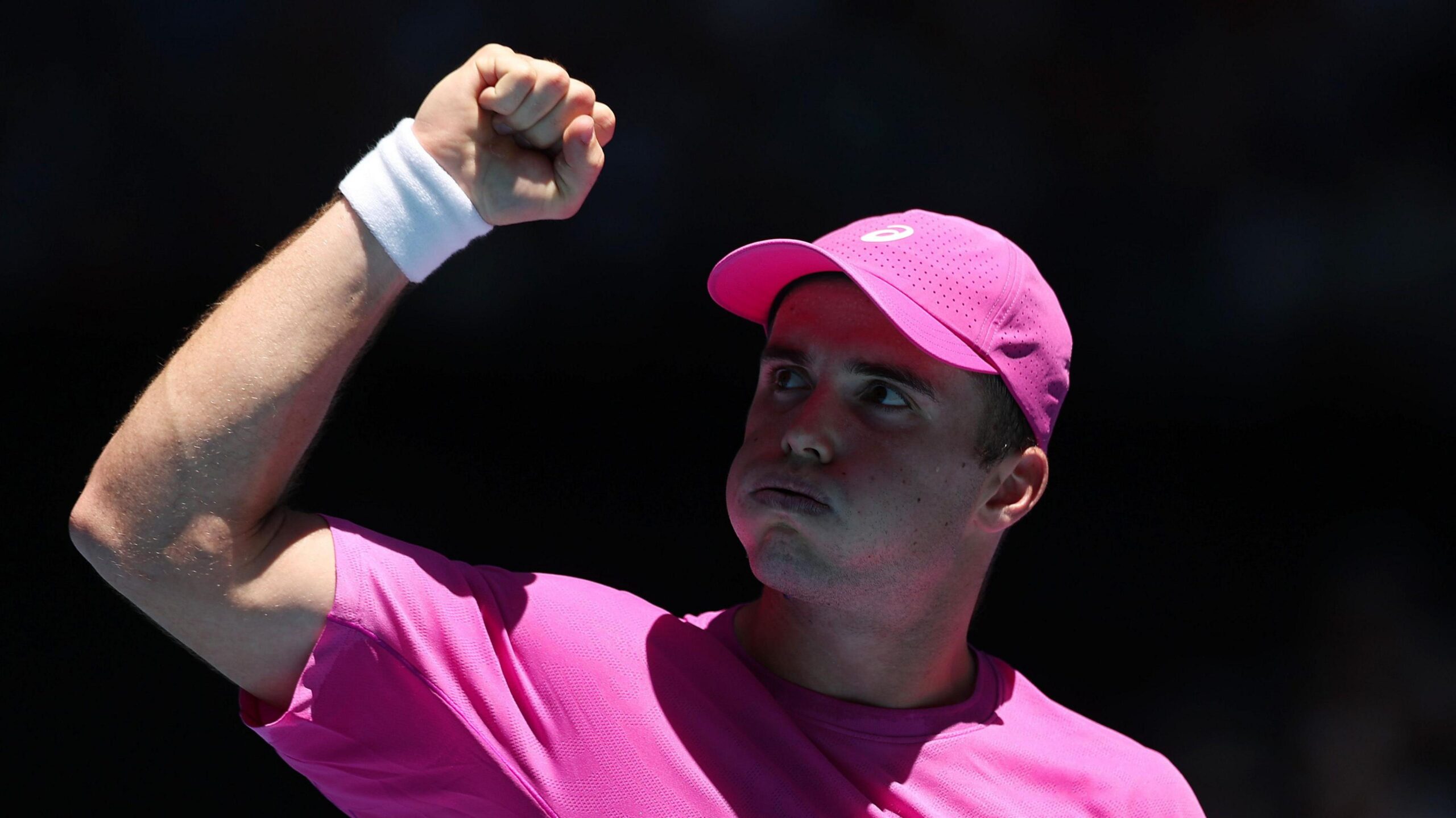According to reports, US President Donald Trump has begun inviting world leaders and other well-known figures to his “board of peace,” which would outline a longer-term plan for a body that addresses international conflicts beyond Gaza.
In the enclave, Trump had initially proposed the board as part of the second phase of a ceasefire between Israel and Hamas to end Israel’s genocidal war against Gaza. The board would be in charge of “governance capacity-building, regional relations, reconstruction, investment attraction, large-scale funding, and capital mobilisation.”
Recommended Stories
list of 3 itemsend of list
However, Trump’s letters, which were posted on social media on Saturday by two leaders who were invited to be board members, Santiago Pena and Javier Milei, pointed to wider goals. According to several reports, the letter’s so-called “charter” also included loftier objectives.
The board would “seek to consolidate Peace in the Middle East,” the US president wrote in Trump’s letter to Milei, and it would “enter a bold new strategy to resolving global conflict” at the same time.
The accompanying “charter,” which was quoted by The Financial Times as saying, “is an international organization that seeks to promote stability, restore dependable and lawful governance, and secure enduring peace in areas affected or threatened by conflict,” was also quoted as saying.
The charter, which did not directly mention Gaza, was used to define “durable peace” and necessitated “pragmatic judgment, common sense solutions, and the courage to depart from approaches and institutions that have too frequently failed,” according to the newspaper.
A “charter” that laid out a wider scope for the body was also included in the invitations, two diplomatic sources told the Reuters news agency.
One diplomat in contact with the news agency claimed, “It’s a “Trump United Nations” that disregarded the fundamentals of the UN charter.”
Meanwhile, a senior US official told The Associated Press that the board of peace’s expanded role is still “aspirational.”
The official continued, noting that Trump and his advisers think it was possible to play such a role, given Washington and other UN members’ repeated grievances with the organization.
The board of peace, according to the official, did not intend to replace the UN.
Concentration on Gaza
The Trump administration has, to be sure, stated in the past that Gaza will be the first priority for the board of peace.
Trump’s son-in-law Jared Kushner, US Secretary of State Marco Rubio, and US special envoy to the Middle East, Steve Witkoff, were announced as the board’s founding executive members on Friday.
Ajay Banga, president of the World Bank Group, Marc Rowan, and Robert Gabriel, a deputy US national security adviser, were also first-named as officials.
A separate “Gaza executive board,” which is supposed to control a technocratic group of Palestinians, is named the National Committee for the Administration of Gaza (NCAG), and many of those figures were also given names. Hamas is expected to take over the committee’s daily management of Gaza.
Blair, Kushner, and Witkoff are on the executive board, along with Israeli-Cypriot billionaire Yakir Gabay, Qatari diplomat Ali Al Thawadi, Qatari diplomat Ali Al Thawadi, United Arab Emirates peace coordinator Sigrid Kaag, and Israeli-Cypriot billionaire Ali Al-Hashimy, who are also on the 11-member executive board.
Turkey’s Milei and Pena, along with Recep Tayyip Erdogan and Abdel Fattah el-Sisi, have confirmed that their respective leaders, Milei and Pena, have been invited to the wider board of peace. Ursula von der Leyen, the president of the European Commission, was also invited to represent the EU, according to a representative from the EU.
Although there is no official confirmation, four sources tell Reuters that the board’s members include members from France, Germany, Australia, and Canada.
In the upcoming weeks, the White House said it would add more members.
However, the initial board members’ announcement sparked outrage from many Middle Easterners because they didn’t include any Palestinians but instead elevated steadfast supporters of Israel.
Meanwhile, Israeli Prime Minister Benjamin Netanyahu criticized the Gaza executive board on Saturday, claiming that its makeup “was not in line with Israel and goes against its policy.”








